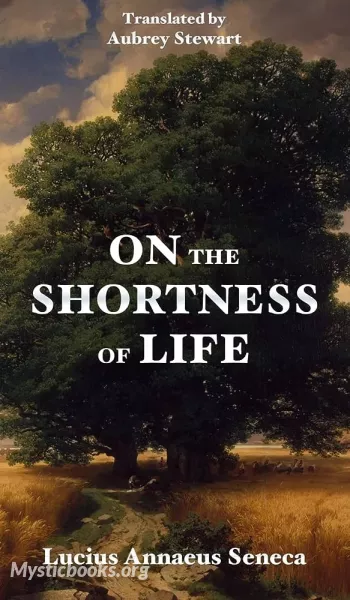
On the Shortness of Life
by Seneca
'On the Shortness of Life' Summary
"On the Shortness of Life" by Lucius Annaeus Seneca is a timeless philosophical essay that delves into the essence of existence and the art of living fully. Written as a letter to his friend Paulinus, Seneca explores the central theme of time—the most precious and limited resource available to humanity.
Seneca's main argument revolves around the concept that life is not inherently short, but rather, it is squandered due to a lack of mindfulness and purposeful living. He dissects the human tendency to pursue trivial pursuits and fleeting pleasures, while neglecting to engage in introspection and the pursuit of wisdom. Through this exploration, Seneca emphasizes the importance of focusing on the present moment, seizing opportunities, and cultivating a life rich with meaning.
The essay does not follow a traditional narrative structure or feature characters. Instead, Seneca's writing style is characterized by his eloquent and impactful prose, as well as his mastery of Stoic philosophy. His tone is one of earnest advice and wisdom, meant to guide readers toward a more purposeful and fulfilling life.
At its core, "On the Shortness of Life" serves as a timeless call to action—a reminder to recognize the brevity of life and to make the most of every moment. Seneca's insights resonate across the ages, offering readers a profound reflection on the nature of time, the pursuit of virtue, and the pursuit of a life lived in alignment with one's values.
Book Details
Language
EnglishOriginal Language
LatinPublished In
49CEGenre/Category
Tags/Keywords
Authors

Seneca
Italy
Lucius Annaeus Seneca the Younger usually known as Seneca, was a Roman Stoic philosopher, statesman, dramatist, and in one work, satirist, from the post-Augustan age of Latin literature. Seneca was b...
Books by SenecaDownload eBooks
Listen/Download Audiobook
- Select Speed
Related books
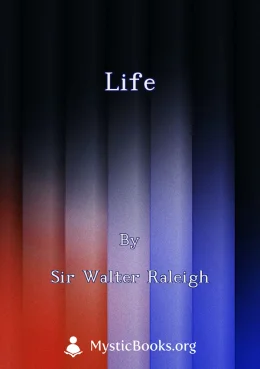
Life by Sir Walter Raleigh
Life by Sir Walter Raleigh is a collection of essays that explore the nature of life and death. Raleigh argues that life is a gift that should be cher...
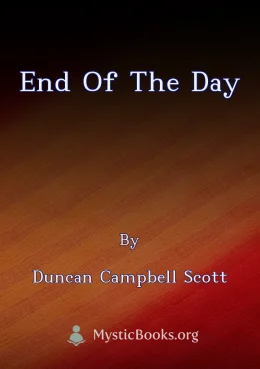
End Of The Day by Duncan Campbell Scott
The End of the Day is a collection of poetry by Duncan Campbell Scott, a prominent figure in Canadian literature. It explores themes of nature, the pa...
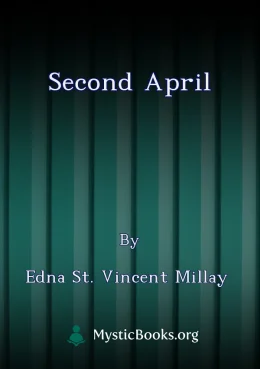
Second April by Edna St. Vincent Millay
A collection of poems by Edna St. Vincent Millay.
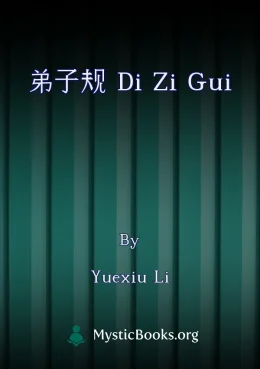
弟子规 Di Zi Gui by Yuexiu Li
Di Zi Gui (弟子规), in English, means the Standards for being a Good Student and Child. It is an ancient book based on the teaching of the great Confu...
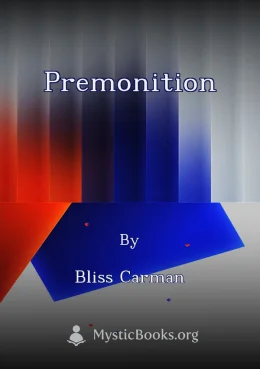
Premonition by Bliss Carman
Premonition is a collection of poems by Bliss Carman, a Canadian poet known for his lyrical and evocative style. The poems explore themes of nature, l...
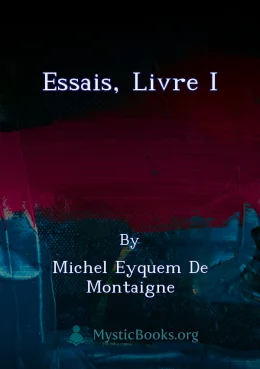
Essais, Livre I by Michel Eyquem de Montaigne
Collection d'essais de Montaigne sur des sujets variés. (Résumé par Jc)

Home Education Series Vol. I: Home Education by Charlotte Mason
Step into a world where education transcends the ordinary and becomes a profound journey of discovery. In "Home Education Series Vol. I: Home Educatio...
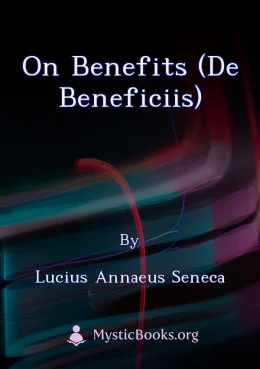
On Benefits (De Beneficiis) by Lucius Annaeus Seneca
In his essay “On Benefits”, Seneca ponders the nature of favors -- both giving and receiving -- and how they can shape our relationships with others....
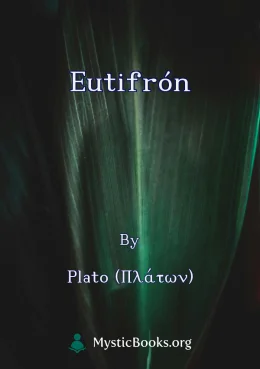
Eutifrón by Plato (Πλάτων)
El diálogo de Platón, *Eutifrón*, explora la naturaleza de la piedad a través de una conversación entre Sócrates y Eutifrón. Eutifrón intenta justific...
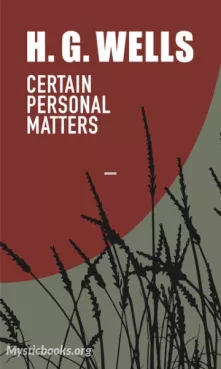
Certain Personal Matters by H. G. Wells
In this captivating collection of essays, H.G. Wells, the renowned science fiction author, invites you to embark on a journey of introspection and sel...
Reviews for On the Shortness of Life
No reviews posted or approved, yet...